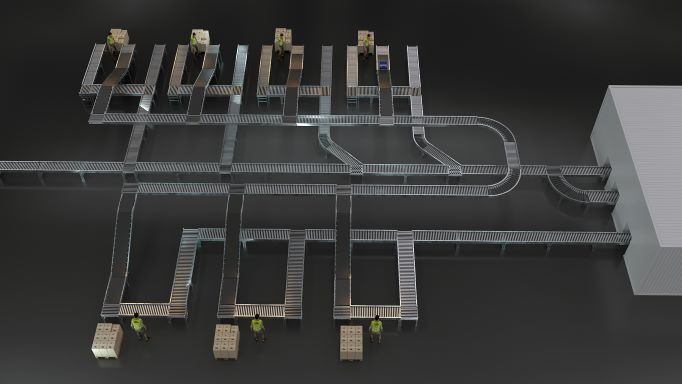Leading European digital freight platform Transporeon has completed its strategic investment into ZeKju. By joining forces, Transporeon and ZeKju will offer digital, yet app-free and GDPR-compliant communication to facilitate exchange between shippers, carriers and logistics service providers.
ZeKju leverages popular messenger apps such as Telegram, Viber and WhatsApp, thereby eliminating the need for drivers to install 10+ apps on their phone. With ZeKju, forwarders and carriers can close digital white spots and significantly reduce process costs. Key application areas of ZeKju include the digital transmission of transport information to drivers, communication of operational changes between involved parties and real-time proof-of-delivery (POD) collection.
In addition, logistics players profit from the GPS tracking capabilities provided by the tool. Especially carriers without proper telematics systems can now automatically communicate their position via the ZeKju application. For Transporeon, together with its real-time visibility solution Transporeon Sixfold, the integration of ZeKju completes the capabilities of the companies’ real-time network. With ZeKju, in-transit visibility becomes available for all transport.
Furthermore, ZeKju’s capabilities in combination with access to truck data make it possible to calculate key environmental indicators such as fuel consumption of a transport. This ability is key for companies that aim to reduce the carbon footprint of their transports but yet lack the data regarding the climate.
Transporeon CEO Stephan Sieber commented: “With ZeKju, we are offering our customers a further key solution in achieving a real-time enabled network. It is a huge step forward towards closing the telematic gap for forwarders and carriers as ZeKju also allows customers that are not connected to the telematics network to benefit from in-transport visibility. Fully compliant with GDPR and with the capability to deliver telematic data to calculate key environmental indicators, ZeKju can also make an important contribution for our customers to reach their sustainability goals.”
ZeKju CEO Hendrik Rosenboom added: “Transporeon is the ideal partner to make the benefits of our tool available to a broader number of logistics professionals. We are thrilled to work with such a strong partner and become an integral part of the functionalities offered by the Transporeon Network.”







